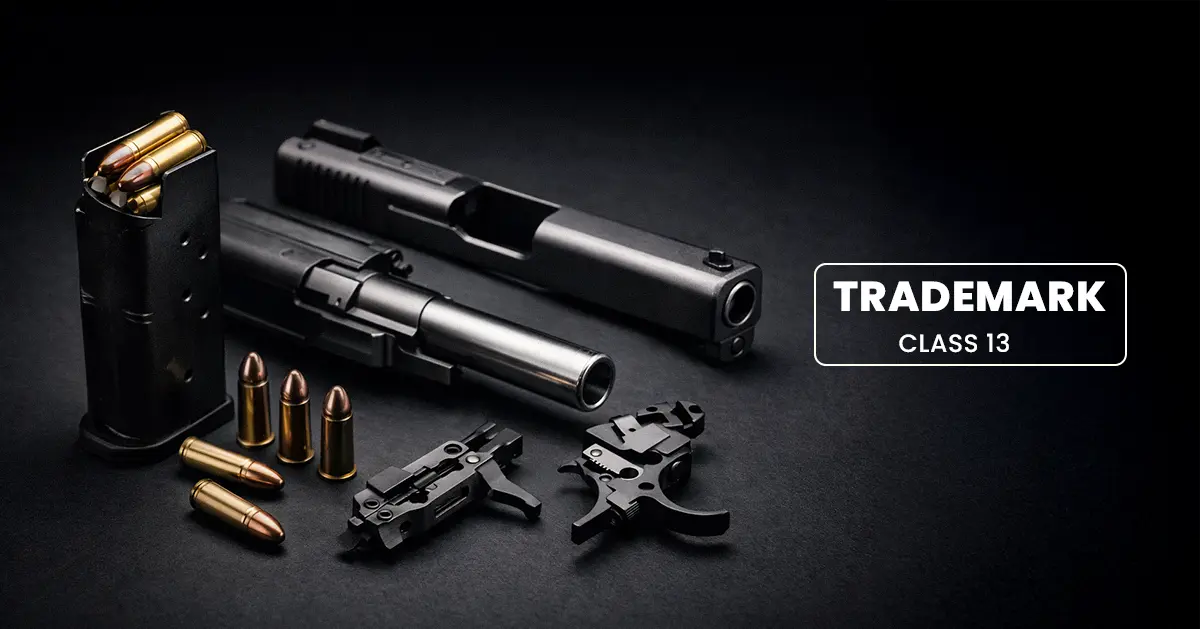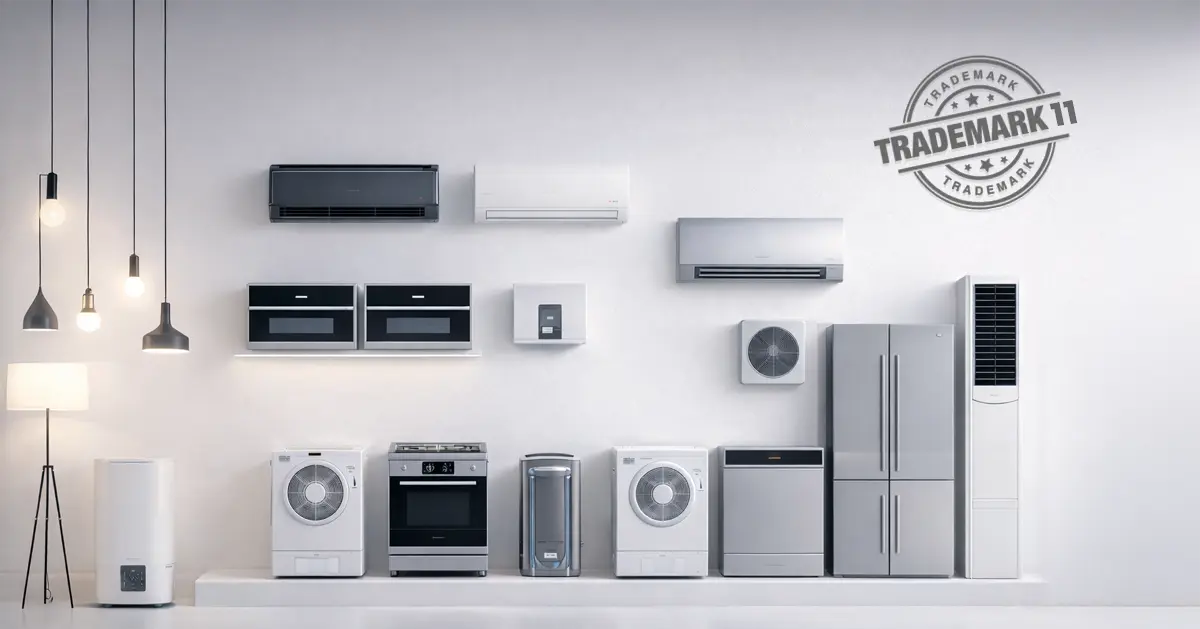The Bureau of Indian Standards (BIS) certification signifies that products are compliant with relevant Indian Standards (IS). The most recognized product quality mark is the ISI mark (Indian Standards Institution). It shows the product meets BIS’s safety and quality standards. The ISI mark builds trust, credibility, and confidence in the market. It assures the consumers that the product is safe, reliable, and compliant with the relevant Indian standards.
The Bureau of Indian Standards (BIS) was founded as an independent authority in 1987 and now operates under the BIS Act of 2016. BIS is responsible for the harmonized development of standards, marking, and the certification of goods. This further assures consumers that products for sale within India meet the requirements of safety and quality.
In Delhi, BIS certification is managed through the Northern Regional Office, which covers Delhi, Haryana, Punjab, Himachal Pradesh, Jammu and Kashmir, and nearby Union Territories. BIS ensures that products such as household appliances, electronics, construction materials, and industrial goods meet strict quality and safety standards, protecting consumers and supporting fair trade.
As of March 2025, there are more than 769 products under certification by BIS, including 380 that are mandatory (a split between the ISI mark scheme and Compulsory Registration Scheme (CRS)). These products are overseen by 187 Quality Control Orders (QCO). In addition, there are more than 1,000 other products in various stages of compulsory certification.
For businesses in Delhi, obtaining BIS certification is a strategic approach to improving credibility, consumer confidence, and long-term competitiveness in the marketplace.
Why Your Products Need BIS Certification in Delhi: Safety, Quality, and Market Access
BIS Certification is critical for your products for three main reasons:
-
Safety and Consumer Protection
The primary goal of BIS certification is to protect consumers from hazardous, substandard, or counterfeit products. By ensuring a product meets a specific Indian Standard, it guarantees a certain level of safety and reliability.
For example, certified electrical appliances are tested to prevent hazards like electric shocks or fires.
-
Quality Assurance
For businesses, BIS certification is an external validation of a product's quality. It indicates that the product has been manufactured using an approved process and conforms to a set of defined quality parameters.
This can lead to reduced product recalls, fewer customer complaints, and a stronger brand reputation.
-
Market Access and Legal Compliance
BIS mandates certification for numerous products, particularly those related to health, safety, and infrastructure, before businesses can legally sell them in India. Without this certification, a company cannot sell or distribute these products in the Indian market, facing legal penalties and a business shutdown.
These include items like cement, steel, tires, and certain electronic goods.











